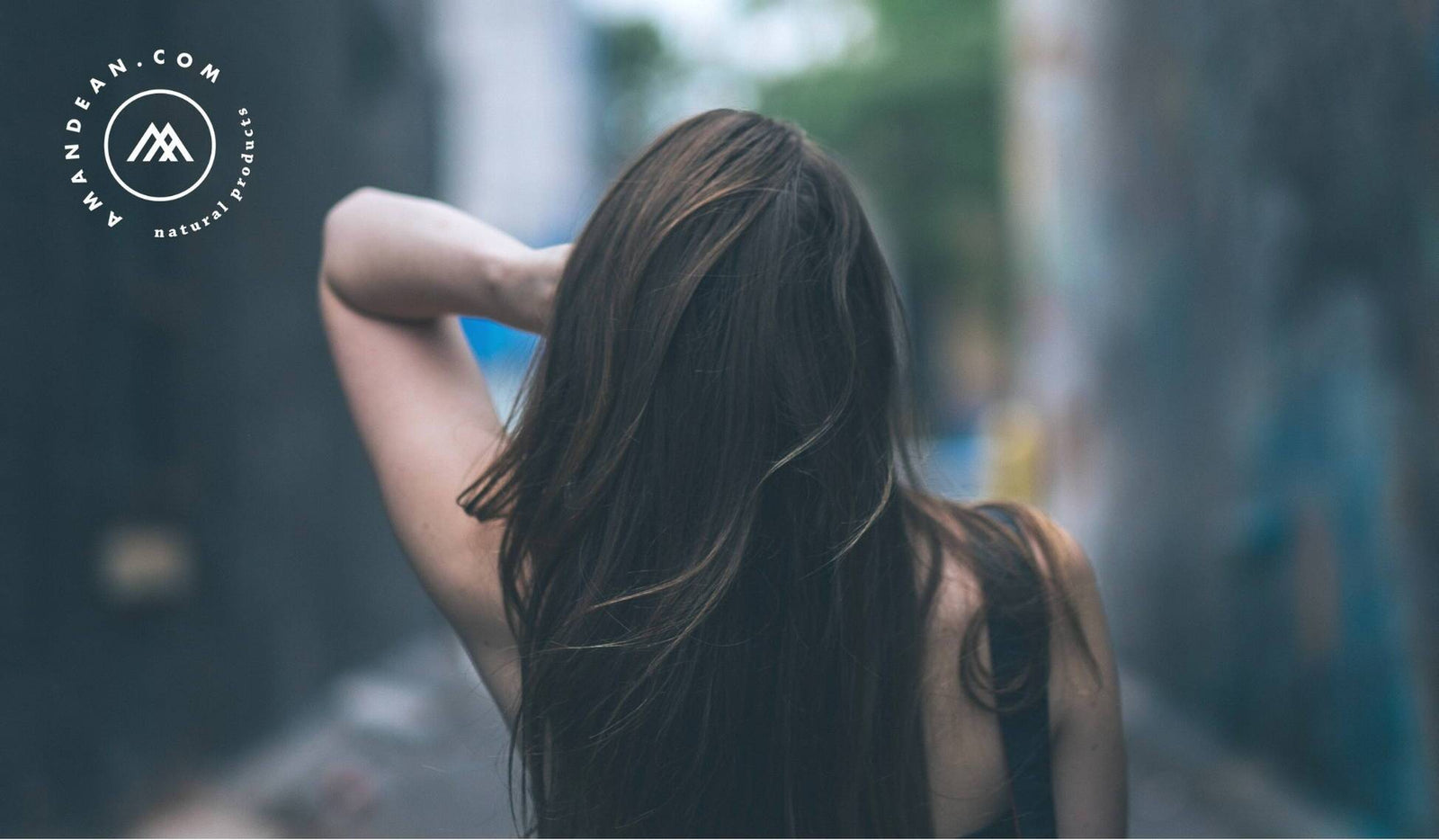Your Cart is Empty

April 26, 2021 4 min read

Biotin, also known as vitamin B7 and vitamin H, is a B-complex vitamin that has many important roles throughout the body. Beef liver, fish, egg yolks, nuts, bananas, seeds, cauliflower, sweet potatoes, and mushrooms are all great natural sources of biotin. This powerful B vitamin is a critical component of enzymes in the body that break down substances like amino acids, and allows fatty acids and glucose from carbohydrates to be used for energy. Biotin may decrease insulin resistance and manage nerve pain for people with type 2 diabetes. It's also important for pregnant women and breastfeeding as it supports embryonic growth.

For the most part, you can get an adequate intake of biotin just by eating a well-rounded diet, but it does not altogether eliminate the possibility of a biotin deficiency. If you don't get enough biotin through your diet, you might experience hair loss, skin rashes, red and scaly skin, and brittle nails. On top of diet, your biotin levels can also be affected by certain anti-epileptic medications. Medical conditions like biotinidase deficiency disorder can also lead to biotin insufficiency. Although rare, smoking, excessive alcohol intake, regularly consuming raw eggs, and pregnancy can also decrease biotin levels.
Besides the vast health benefits of biotin, we know it is also one of the best for preventing thinning hair and brittle nails. Now, are you ready for the shocker? According to the National Institutes of Health (NIH), lab tests and studies have been inconclusive at proving that biotin is effective at improving hair health. Yet, because biotin fortifies keratin (a protein that makes up hair, skin and nails) and because high doses can be tolerated with little to no side effects, many people choose to go the route of supplementation.
So if becoming biotin deficient isn't very common, are dietary supplements worth it? What's the ideal amount of biotin to maintain sound metabolism andhealthy hair?
Supplementation with biotin is generally considered safe. In fact, because it is a water-soluble vitamin and harmful side effects are so rare, the U.S. Food and Drug Administration (FDA) does not offer a recommended dietary allowance. Although, they have found that consuming high quantities could interfere with other lab tests for unrelated conditions.

However, as a general guideline, the Institute of Medicine recommends 30 micrograms of biotin daily and an additional 5mcg for breastfeeding women. Just like taking any other supplement, it's best to consult your healthcare provider to find the right dosage for you.
Diet alone should be able to provide your body with enough biotin to keep your hair and metabolism healthy, provided you are not suffering from any other conditions. Because biotin deficiencies are rare and taking additional biotin may be useless, you can always try taking a micronutrient test beforehand to identify any nutritional gaps in your diet. By eating biotin-rich foods like egg yolk, oats, wheat germ, mushrooms, and spinach, you can enjoy the effects of biotin without splurging on biotin gummies. If you're seriously concerned about your hair growth, consider taking it with collagen! Collagen is the primary protein in our skin, including the scalp, and can help to prevent hair loss while improving the quality of your skin. Here's to healthy hair!
Biotin, also known as vitamin B7 and vitamin H, is a B-complex vitamin that has many important roles throughout the body.
If you don't get enough biotin through your diet, you might experience hair loss, skin rashes, red and scaly skin, and brittle nails.
The Institute of Medicine recommends 30 micrograms of biotin daily and an additional 5 mcg for breastfeeding women.
Take our quiz and find which supplements your body is craving.

Even though topical biotin products like hair masks and shampoos are considered safe, they aren't going to magically add an inch to your hair.

January 23, 2026 8 min read
Read More
October 17, 2025 8 min read
Find out why creatine is better for vegans! Boost your wellness game and unlock peak performance with Amandean's premium supplements today.